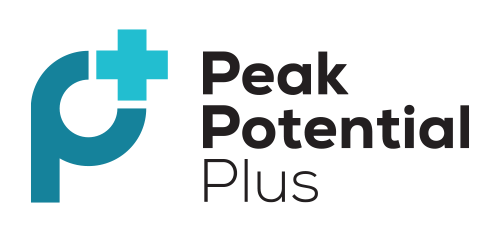Introduction
Depression, a pervasive mental health concern, often sees medication as the primary mode of treatment. However, a holistic approach to mental well-being involves exploring alternatives beyond traditional pills. In this exploration, we delve into a realm where mind, body, and unconventional therapies intersect to offer relief.
1. Holistic Approaches: Integrating Mind-Body Practices
In the pursuit of mental equilibrium, holistic practices like yoga and meditation take center stage. These mind-body techniques, rooted in ancient wisdom, offer not just physical flexibility but also mental resilience. By fostering mindfulness, they become potent tools in managing the tumultuous currents of depression.
2. Nutritional Psychiatry: The Impact of Diet on Mental Health
Beyond the plate, the influence of diet on mental health is gaining recognition. Nutritional psychiatry suggests that specific nutrients and dietary patterns can influence neurotransmitter function, impacting mood. In the quest for well-being, one might find solace in the kitchen, embracing foods that nourish not just the body but also the mind.
3. The Power of Physical Activity: Exercise as a Mood Booster
Exercise, often championed for its physical benefits, emerges as a formidable ally in the battle against depression. The rhythmic cadence of a jog or the meditative flow of a yoga sequence can catalyze a cascade of neurochemical changes, uplifting the spirit and fostering a sense of accomplishment.
4. Light Therapy: Harnessing the Power of Illumination
In the luminous realm of alternative treatments, light therapy stands out. Exposure to specific wavelengths of light mimics the sun’s effects, influencing circadian rhythms and serotonin levels. As daylight dances on the skin, it holds the potential to brighten not just the room but also the mood.
5. Herbal Allies: Exploring Botanical Remedies
Nature’s pharmacopeia offers botanical remedies believed to ease the grip of depression. From St. John’s Wort to adaptogenic herbs, these natural allies beckon. Yet, caution is the watchword, as interactions and individual responses necessitate the guiding hand of healthcare professionals.
6. Acupuncture and Acupressure: Balancing Energy Pathways
Stepping into the realm of traditional Chinese medicine, acupuncture and acupressure present themselves as pathways to rebalance the body’s energy flow. Tiny needles or applied pressure on specific points may hold the key to unlocking stagnant energy, providing a novel perspective on combating depression.
7. Art and Music Therapy: Creative Expressions for Emotional Release
In the palette of healing, the strokes of art and the melodies of music become therapeutic tools. Creative expressions offer avenues for emotional release, allowing individuals to externalize and process complex feelings. In the world of color and sound, healing takes on a uniquely personal hue.
8. Mindfulness-Based Cognitive Therapy (MBCT): Rewiring Thought Patterns
Mindfulness-Based Cognitive Therapy (MBCT) fuses cognitive therapy with mindfulness practices. This innovative approach aims to disrupt the cycle of depressive thoughts, providing individuals with tools to navigate the intricate landscapes of their minds. Through mindfulness, a new narrative unfolds.
9. Biofeedback and Neurofeedback: Training the Mind for Balance
At the intersection of technology and mental health lie biofeedback and neurofeedback. These tools empower individuals to monitor and regulate physiological processes, fostering self-awareness and control. In the bioelectrical dance of the brain, lies the potential to cultivate a state of balance.
Conclusion
As we conclude this exploration of alternative and adjunctive treatments for depression, the mosaic of possibilities becomes apparent. Each individual’s journey to well-being is unique, and the path may wind through various modalities. The key lies not just in embracing alternatives but in doing so under the thoughtful guidance of healthcare professionals, ensuring a holistic and personalized approach to mental health.




















